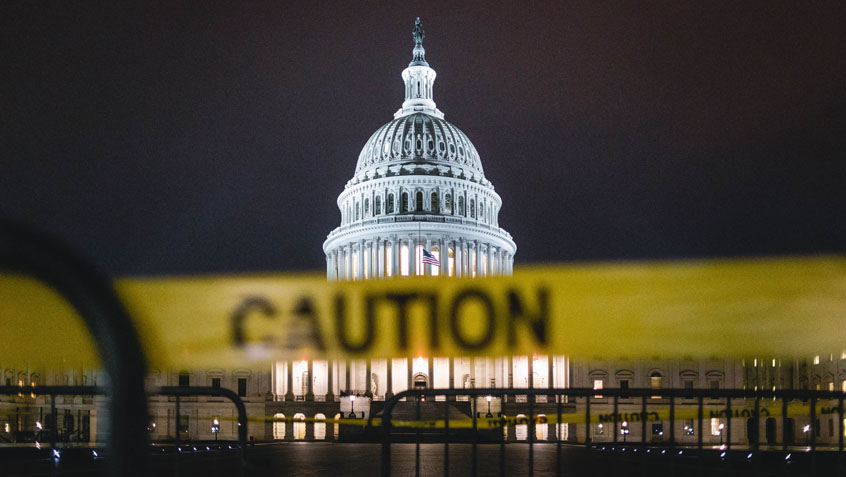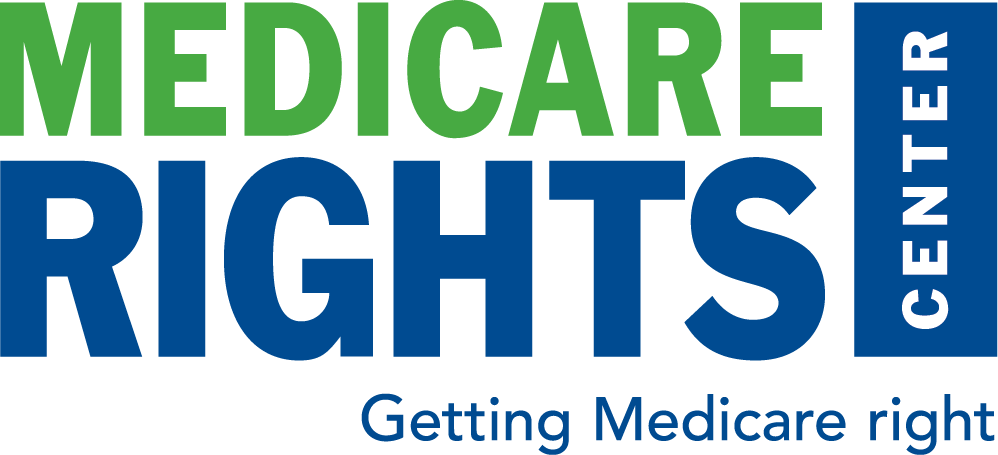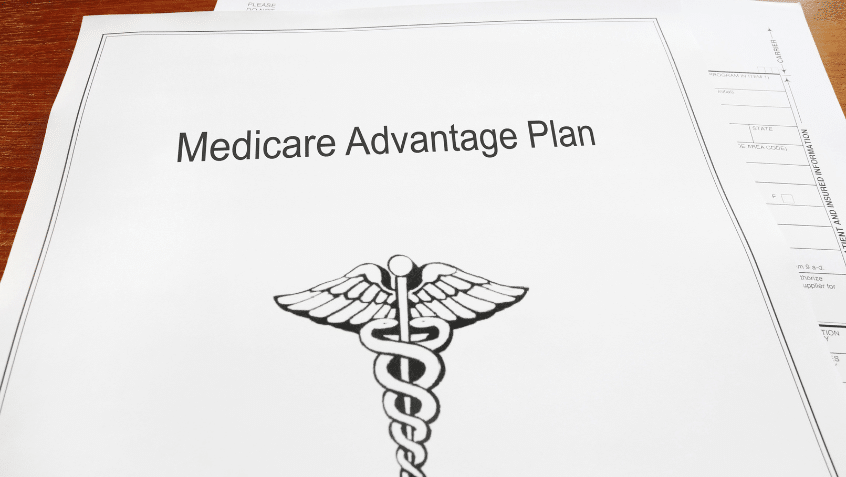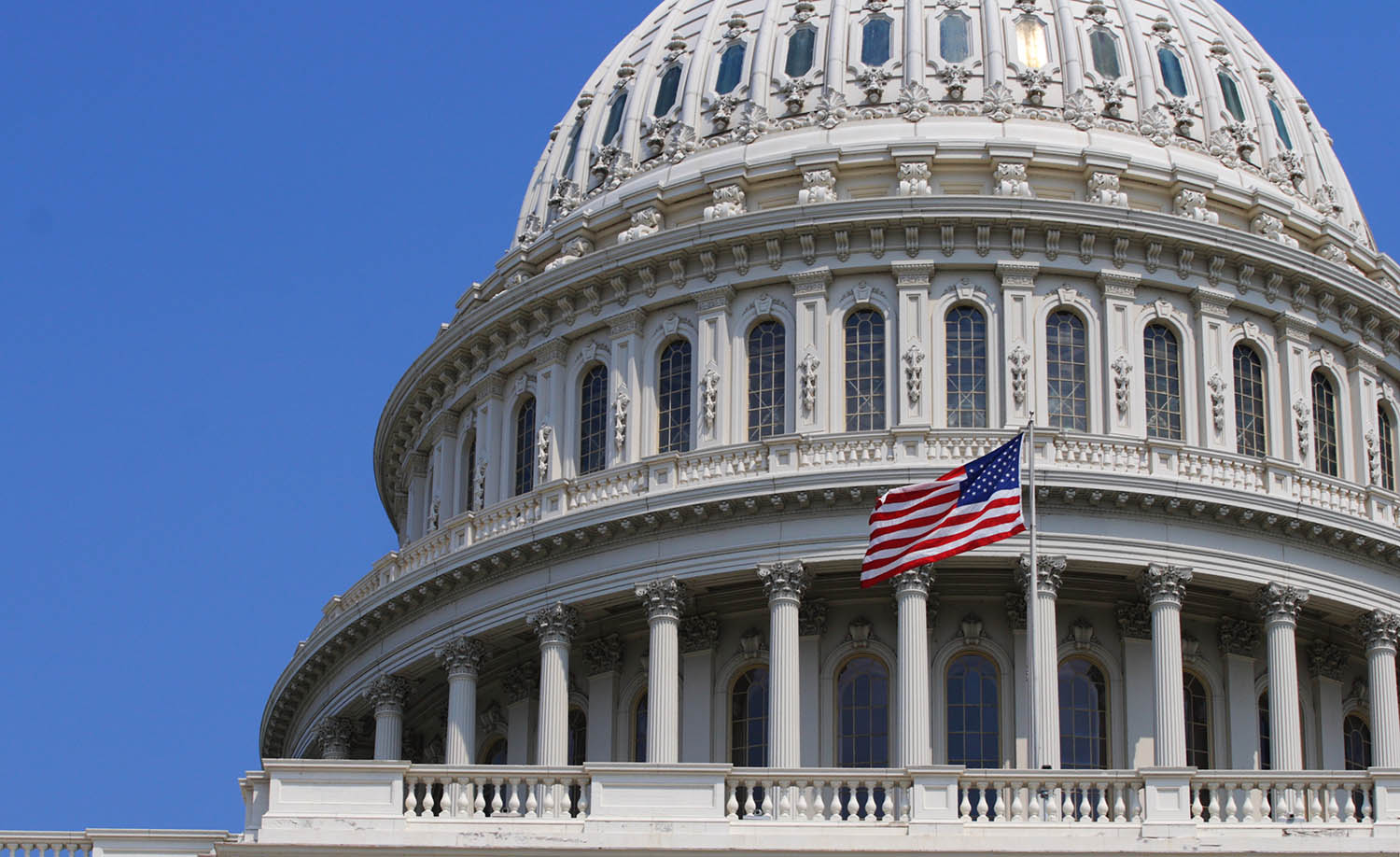Government Shutdown Threatens Programs for Older Adults and People with Disabilities
- By Lindsey Copeland
- January 17, 2019

As the government shutdown continues, so do its impacts on older adults, people with disabilities, and their families. While Medicare and Medicaid are fully funded for the year, other critical programs—like affordable housing, food assistance, and transportation services—are not. This threatens the health and economic security of millions of Americans.
At Medicare Rights, we are extremely concerned that the partial government shutdown is threatening to destabilize over four million households that depend on the Department of Housing and Urban Development’s (HUD) rental assistance programs. Through these programs, low-income families, older adults, and people with disabilities are able to access housing and community-based supports they would not otherwise be able to afford. If the shutdown continues, many of these individuals may be evicted, lose needed services, or experience unsafe living conditions.
A prolonged shutdown would also put millions of Americans at risk of hunger. While the Department of Agriculture (USDA) recently announced plans to work with state agencies to keep the Supplemental Nutritional Assistance Program (SNAP) operating through February, the longer-term availability of this critical assistance is not guaranteed. SNAP, formerly known as the food stamp program, helps 38 million low-income Americans in 19 million households afford to purchase food. In 2016, 8.7 million (over 40% of) SNAP households had at least one adult age 50 or older; in 2015, the number of people with disabilities receiving food support was 11 million. If the government shutdown continues, these and other Americans who rely on SNAP would experience unnecessary hardship.
At the same time, the shutdown is also affecting the Department of Transportation (DOT), which may limit the ability of older adults and people with disabilities to access transportation programs that help them participate in the community, visit their doctor, or go to the grocery store. States and localities scrambling to stretch existing DOT funds could soon, if not already, experience disruptions or suspension of services. And those who rely on these programs to obtain vital medication and other essential health services may in turn experience harmful delays and interruptions in care continuity. As the shutdown stretches on, so do the health and isolation risks for people who face barriers to transportation.
Together, housing, health care, transportation, and food comprise the largest share of all U.S. households’ expenses. It is essential that both the Trump administration and Congress understand the important role that HUD, USDA, and DOT programs have in helping low-income older adults and people with disabilities—many of whom are on fixed incomes—afford and access food, housing, and health care while also covering their other expenses. We urge Congress and the administration to act quickly to end the partial shutdown and pass full-year spending bills that adequately fund these needed services.
View an interactive map and a state-by-state breakdown of how the shutdown is impacting some HUD-assisted housing.
Learn how SNAP helps people in your state.
Learn more about the Enhanced Mobility for Seniors and Individuals with Disabilities Program.
The Latest
Most Read
Add Medicare to Your Inbox
Sign up to receive Medicare news, policy developments, and other useful updates from the Medicare Rights.









